
Weapon up! Unreal Tournament to return as free, crowd-sourced game
Remember Unreal Tournament? Remember the hours (days?) you invested in it? Well, it's back! Or at least it will be soon… It's a game that we've heard nothing of for some time now, but Epic is wheeling out the classic title for a new airing. This time around, the gaming community is being called upon to contribute. In a post on the Unreal Engine Blog, Steve Polge says, "work on the future of Unreal Tournament begins today, and we're happy to announce that we're going to do this together, with you".
What does all of this mean? To cut to the chase, a new version of Unreal Tournament is, as of right now, being developed. Yippee! The UT community is a passionate one, and the new project is going to take full advantage of this. This is a collaborative project and the finished product will call upon the input of fans, Unreal Engine 4 developers, and Epic. If you fancy getting involved -- be it to contribute code, artwork, or just ideas -- you are free to do so.

Why 'Look Up' is just a load of nostalgic nonsense
Whether you like poetry or not, you've probably seen or heard about Gary Turk's "Look Up" -- a video that laments Generation Y's constant lust for information from Facebook, Twitter, WhatsApp, and other social media on mobile devices.
Since being uploaded to YouTube on 25 April, Look Up has racked up over 29 million views and divided opinion across the net as to whether we're drowning ourselves in a pool of useless notifications, or actually an empowered and more socialized society due to our circles of Internet friends.

6 tips to increase company security post-Heartbleed from LastPass CEO, Joe Siegrist
Heartbleed was a security nightmare that caught the technology world unaware and unprepared. There was a good deal of panicking in the immediate aftermath, but looking back a month down the line there is a lot to learn from what happened. But perhaps the most important thing is what happens moving forward.
Post-Heartbleed, Joe Siegrist, CEO for LastPass has a series of tips for companies to help protect data and improve privacy.
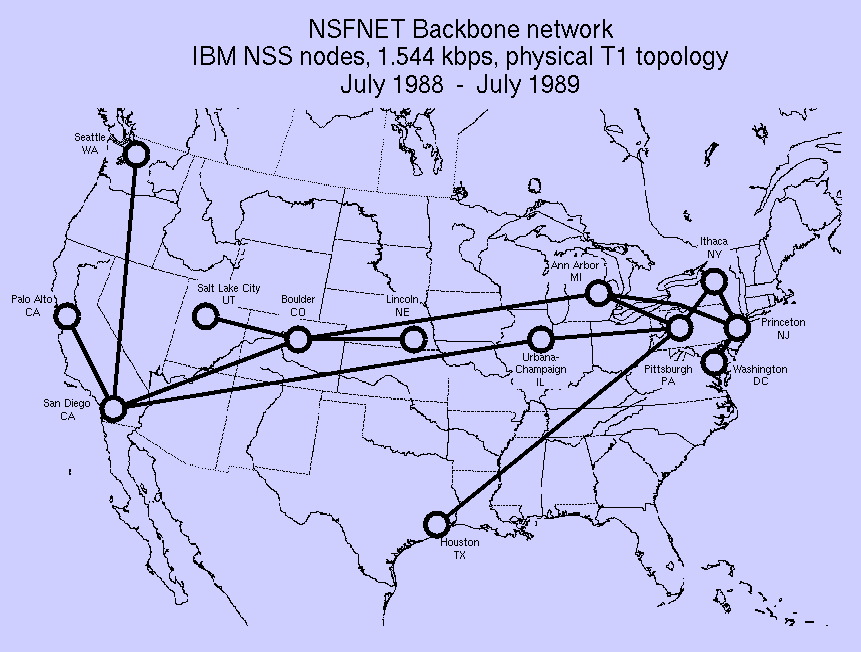
Level3 is without peer, now what to do?
There’s a peering crisis apparently happening right now among American Internet Service Providers (ISPs) and backbone providers according to a blog post this week from backbone company Level3 that I am sure many of you have read. The gist of it is that six major ISPs of the 51 that peer with Level3 have maxed-out their interconnections and are refusing to do the hardware upgrades required to support the current level of traffic. The result is that packets are being dropped, porn videos are stuttering, and customers are being ill-served. I know exactly what’s going on here and also how to fix it, pronto.
The problem is real and Level3′s explanation is pretty much on target. It’s about money and American business, because this is a peculiarly American problem. Five of the six unnamed ISPs are American and -- given that Level3 also said they are the ones that typically get the lowest scores for customer service (no surprise there, eh?) we can guess at least some of the names. According to the American Customer Satisfaction Index’s 2013 report (the latest available with a new one due any day now) the worst ISPs in America are -- from worst to less bad but still lousy -- Comcast, Time Warner Cable, CenturyLink, Charter Communications, AT&T U-verse, Cox Communications, and Verizon FiOS. That’s seven companies and since Level3 says only five are creating this peering problem then two in there are off-the-hook but still not the best at what they do.

Microsoft, McAfee and more join forces to promote security with World Password Day
Security is fun! Security is sexy! In fact, passwords get so many hearts pounding that World Password Day had to be dreamed up just to create an outlet for the outpouring of emotion associated with them. This may be stretching things a little, but today really is World Password Day, a global movement involving McAfee, Microsoft, Dell, Acer, Lenovo and numerous other big names to educate the world about... passwords! I jest a little, but this is a day with a serious message -- we are all incredibly reliant on passwords, but too many of them are just not strong enough.
Head on over to the website and you'll find all manner of tools designed to stress the importance of strong passwords, and to promote good practices. Things get off to a fairly gentle start with a typing game in which you're invited to type common passwords and blast them out of the sky. There are also tools and tips from each of the companies involved in the project. Microsoft has a password checker that will test the strength of your password, McAfee (now nothing to do with John McAfee!) has a Heartbleed vulnerability checker, while Dell has the handy tip that one shouldn’t type one's password into the username field.

Analogue Nt -- A luxury NES made from a solid block of aluminum
The Nintendo Entertainment System was the best console of its day and I still have very fond memories of playing classic games like Metroid, Mike Tyson’s Punch-Out and -- of course -- Super Mario Bros 3.
If you’re hankering after a little old school NES action, but scaled up to a more modern 1080p, Analogue Interactive’s Analogue Nt could be just what you’re looking for. It’s the original NES guts (Ricoh 20A3 CPU and Ricoh 2C02 PPU) packaged into a single, stylishly crafted solid block of 6061 aluminum. The result is a lovely modern, yet thoroughly retro, console.

Paranoid? Enough to place your privacy in the hands of John McAfee?
Remember McAfee? You know, the company whose AV software you couldn't remove from your computer fast enough after picking up an off-the-shelf model? The firm was founded by the now infamous John McAfee, although he has not actually been associated with it in anything other than name for quite some time now. In fact he has become better known for a series of bizarre incidents that saw him accused of manufacturing drugs, mentioned in association with a murder and becoming a fugitive who was concerned that the police were going to kill him.
Sounds like the sort of person you'd like to make an app for your phone? Well, the man is back and this time he, or at least his company Future Tense, has come up with Chadder -- yet another messaging app. But this is a messaging app with a difference. The focus is, allegedly, on privacy, security and encryption. The company's motto is "Say what you want! ⋇⊮ ≩⋉⊱∪≀ ⋘≫≯⋌∹∦ ≎⋡⋔∪≙∼≉{] (We can’t see it anyway!)". My, those symbols really do trip off the tongue.
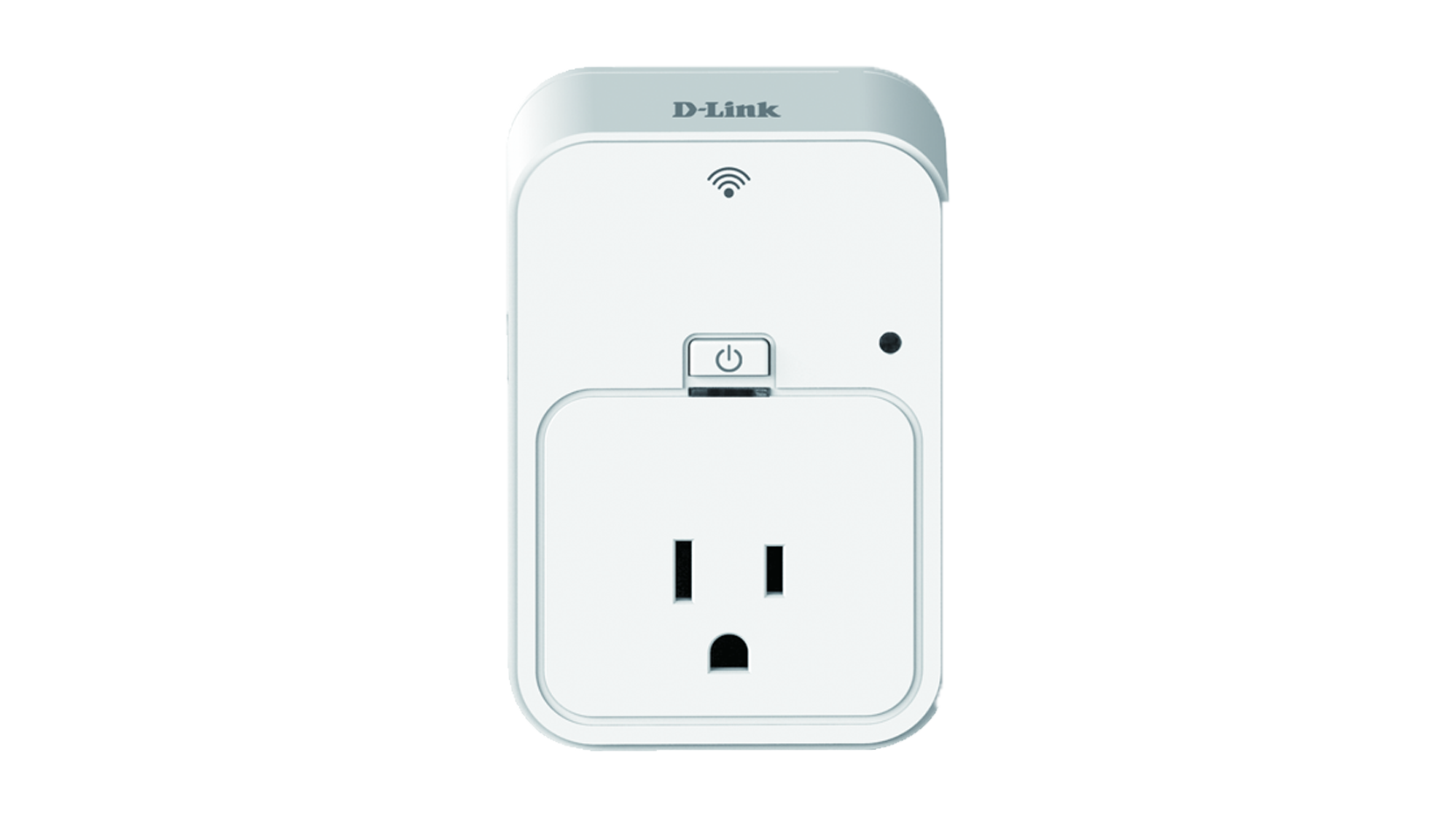
Control everyday household electronic devices with the D-Link Wi-Fi Smart Plug
There are all sorts of home electronic devices that you can connect to the internet and control with an app -- including smart lights, intelligent thermostats and smoke detectors. But what if you don’t want to spend a fortune replacing your old devices?
D-Link’s new Wi-Fi Smart Plug (DSP-W215) solves that problem. You plug it into a spare socket in your home, connect any electrical device to it, and then use the free mydlink app for iOS and Android to monitor and control the item. Devices can be turned on and off remotely, you can set power on/off schedules, and monitor your home energy usage. The Wi-Fi Smart Plug also comes with a built-in thermal sensor that will detect when a connected device gets too hot, and automatically turn it off.
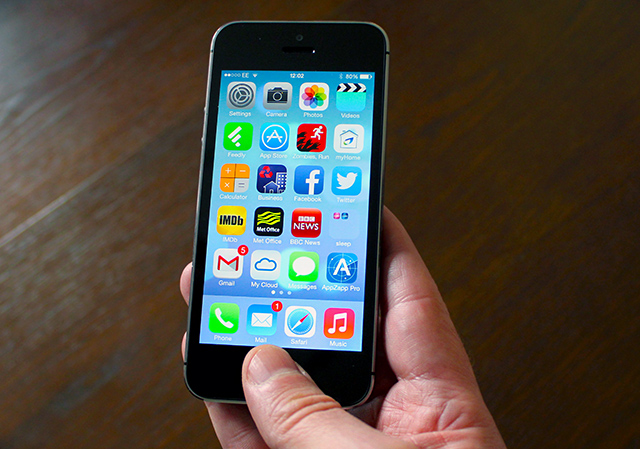
iPhone users are the biggest sexters
If you own an iPhone, you're more likely to be sending risqué messages to your significant other -- or at least that's the finding of a new survey.
The poll, conducted by YouGov and commissioned by insurance2go.co.uk, found that a third of iPhone owners -- over 30 percent -- had sent a rude text to their partner (or indeed, to someone else instead of their partner for one of those truly foot-in-mouth moments).

Do Not Track: Stop using Yahoo if you're concerned about privacy
It has been mentioned here and there, but to be honest I am very surprised that more of a stink has not been kicked up about Yahoo's announcement last week. Quietly slipped into a blog post by the slightly ironically named Yahoo Privacy Team, the web firm announced that "Do Not Track settings will no longer be enabled on Yahoo". Yep, sod privacy, Yahoo is more concerned with delivering "A Personalized Experience" -- Yahoo's capitalization, not mine.
Do Not Track has been around for a few years now -- interestingly, Yahoo was one of the first companies to start using it -- and it makes it possible for users to prevent websites from monitoring their online activities. It's a feature that is supported by a number of browsers, either as a built in option, or one that can be added through the use of an extension, and it is something that has been welcomed by privacy groups all over the world.

Millennials more likely to use mobiles when shopping
We all know that technology is changing the way we shop through the ability to buy more of our needs online.
But a new study of millennial shoppers by point of sale technology specialist Merchant Warehouse shows that this particular generation has higher expectations from the shopping experience and is more likely to use mobiles in the process.
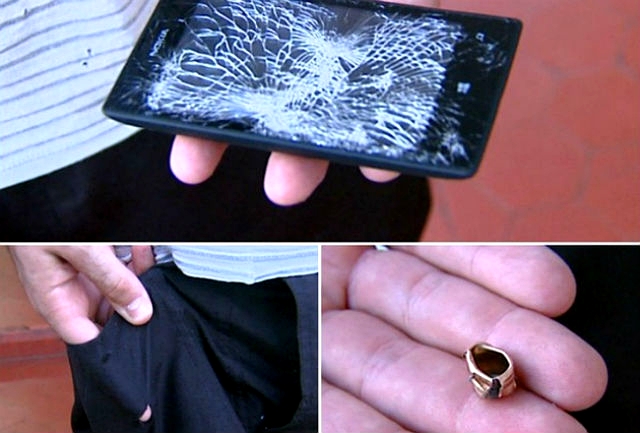
Nokia Lumia is a life saver -- literally
As the military invests millions of pounds into developing world-class body suits formed from Kevlar, ground up quartzite and the sweat of Arnold Schwarzenegger, it is perhaps time someone just told them to buy every member of the armed forces a Nokia Lumia smartphone.
According to the Brazilian newspaper Globo.com, an off-duty Sao Paulo policeman's life was saved by his Nokia Lumia 520. The affordable smartphone was resting in its back pocket when it deflected a bullet aimed directly at the 24 year old officer's derrière -- quite literally saving his ass.
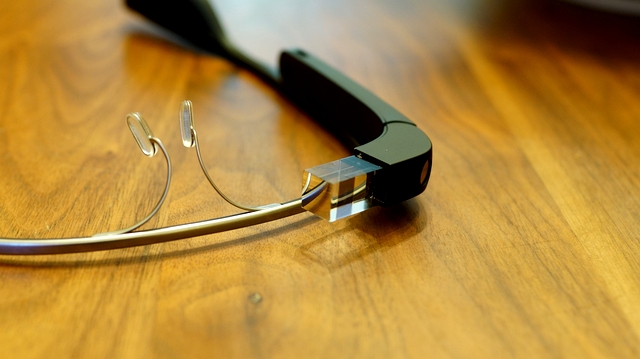
Productivity in the workplace could get a boost from wearable technology
Rackspace has revealed the results of research into how wearables will fit into the workplace, and what impact these devices will have -- and the news is largely positive.
The Human Cloud at Work study, headed up by Dr Chris Brauer of the Institute of Management Studies from Goldsmiths, University of London, found that productivity was boosted by 8.5 percent through the use of wearable devices. That data was determined by evaluation over a month long period, against a control group which saw no increase in productivity levels.

Are we starting to fall out of love with tablets?
It looks like the growth of the tablet market may be starting to slow down according to a new study carried out by research specialist IDC.
Tablets and 2-in-1 shipments slipped to 50.4 million units worldwide in the first quarter of 2014 according to IDC's Quarterly Tablet Tracker. This represents a decline of 35.7 percent from the high-volume holiday quarter and just 3.9 percent growth over the same period last year.
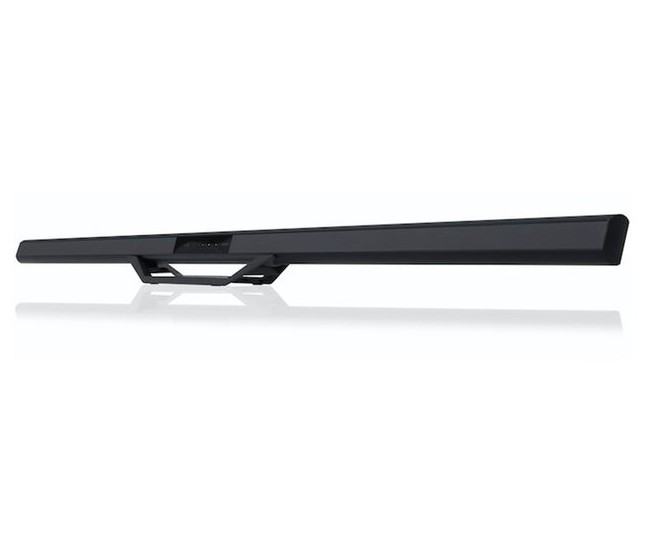
World's thinnest soundbar: Humax STA–1200 BSW packs a punch
Whether you've been following Alan's guide to cutting the cord and have opted to ditch your traditional TV service in favour of something web-based, you're keen on sticking with your cable or satellite setup, or you're a gamer, sound is incredibly important to any setup. You could opt to go down the 5.1 (or even 7.1) surround sound route, but all too often this will involve trailing cables around the room in somewhat untidy fashion.
In recent years there has been something of a surge in interest in soundbars -- single units that pump out pseudo-surround -- and there is a huge range to choose from. Many are big and bulky, but the latest offering from Humax -- of set top box fame -- has something of a unique claim to fame: it is, allegedly, the slimmest soundbar in the world.
